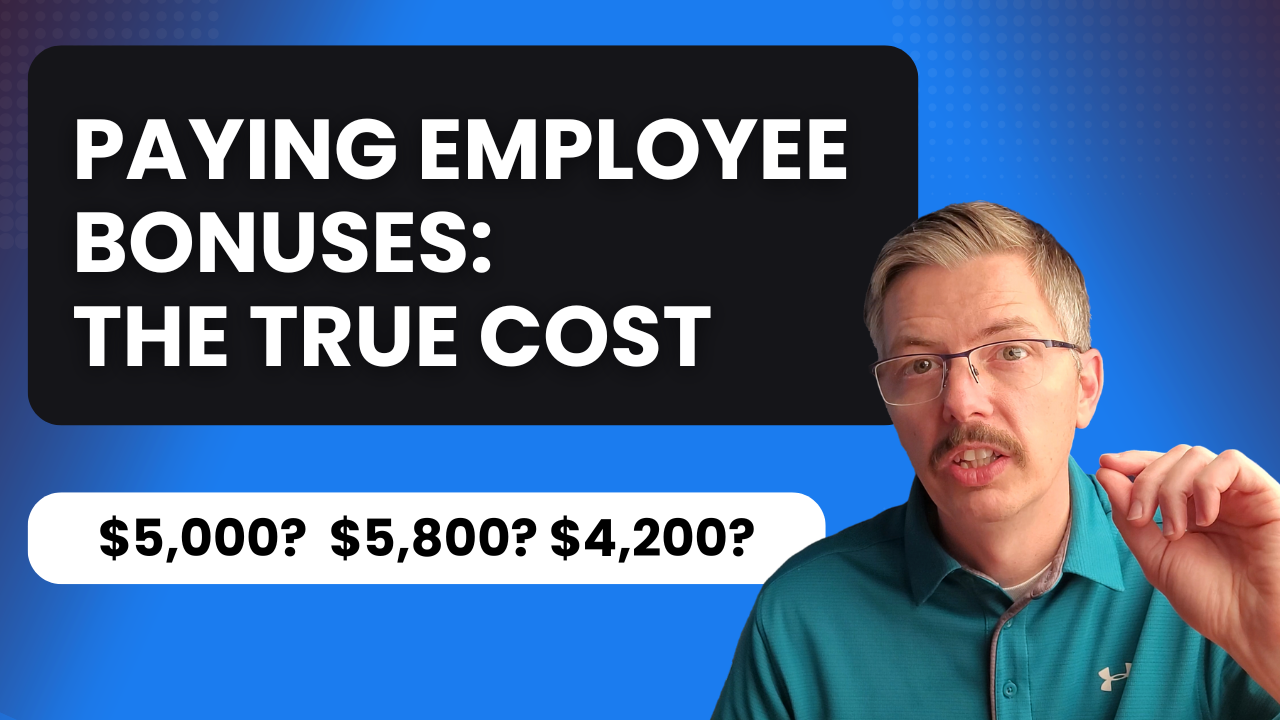

S-Corporations are popular among business owners for their unique tax characteristics. As a flow-through entity, an S-Corporation’s income is taxed based on profit, not on distributions to owners. This post explores how this works and highlights important considerations regarding distributions and tax basis.
Taxation Based on Profit: In an S-Corporation, income tax is paid based on the company’s profits, regardless of whether these profits are distributed to shareholders. Profits and losses are passed through to shareholders and reported on their personal tax returns, proportionate to their ownership in the S-Corporation.
Distributions vs. Salary: Shareholders of an S-Corp often receive distributions in addition to a reasonable salary. While salaries are subject to payroll taxes, distributions are typically not. However, it’s important to maintain a reasonable salary and then take distributions.
Distributions and Tax Basis: Distributions themselves are not taxable up to the extent of the shareholder’s basis in the S-Corporation. Basis is essentially the shareholder’s investment in the company adjusted by various factors, including the company’s earnings, losses, distributions, and contributions by shareholders.
Impact of Debt-Financed Purchases: Purchasing assets with debt can affect a shareholder’s basis. If distributions exceed the shareholder’s basis, which is more likely to occur in cases where purchases are financed through external debt, those distributions can become taxable.
This is because external debt generally does not increase a shareholder’s basis. Therefore, if a S-Corporation incurs debt to finance purchases and makes distributions the shareholders adjusted basis needs to be considered. Distributions in excess of basis will impose capital gains for the shareholders.
Navigating the tax nuances of S-Corporations requires a thorough understanding of how profits are taxed, the role of distributions, and the implications of shareholder basis. Especially in scenarios involving debt-financed purchases, shareholders must be aware of how these factors interplay to avoid unexpected tax liabilities.
To ensure your S-Corporation’s financial and tax strategies are optimized and compliant, consider consulting with us to provide tailored advice based on your specific situation.
The tax information provided here is for informational purposes only and should not be construed as or relied upon for tax or legal advice. This information is based on the laws and regulations in effect at the time of issuance, and we do not undertake any obligation to update this information after the date of its release. Please speak with your tax professional or attorney for guidance specific to your circumstances.



